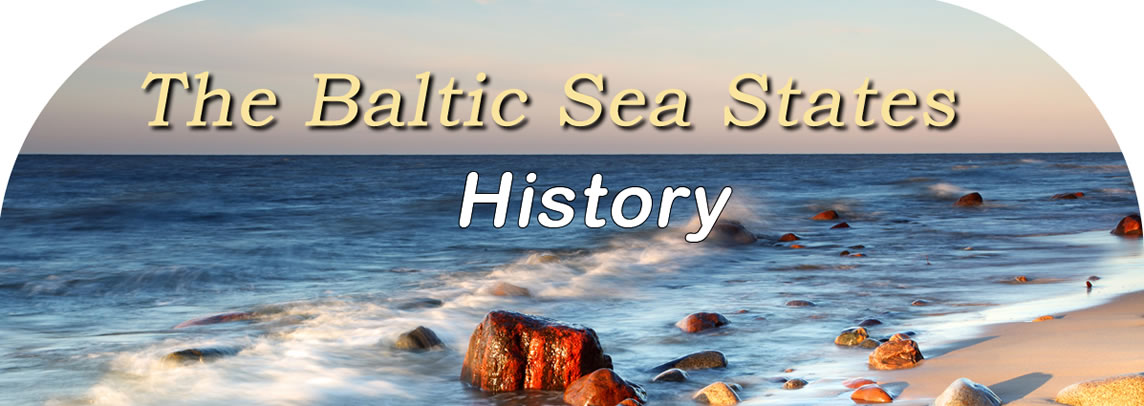
Latvian History Lativa's history is one of repeated occupation for 800 years.
Its central position in European trade routes made it a highly
contested region from the 11th century on. The country was
controlled by Germany from the 13th to the 16th centuries, then
by Poland for the 16th century, and then by Sweden from the
early 17th century to the early 18th. The country became part of
Russia in 1721. WWII In 1939, the country came under Soviet control, and the next year was occupied by Nazi Germany for the duration of World War II. During this period over 85,000 Latvian Jews and Gypsies were murdered in Nazi concentration camps. The Soviet Era Following WWII, the country came under Soviet control. During this period, immigration from other areas of the Soviet Union and forced adoption of Soviet policies changed the culture of Latvia dramatically. Lativans were forced to adopt Soviet farming methods, Russian was officially adopted as the second language, and the Soviet Union based many of its factories in the country, precipitating a shift to manufacturing as a large part of the Latvian economy. Independence The first protest against Soviet rule in Latvia was in 1987,
when 5000 people gathered in the capitol city of Riga.
Subsequent demonstrations throughout Latvia followed in the next
year. In 1989, two million citizens of the Baltic States created
a human chain as a call for independence. Post-Independence Today, Latvia has cultural and economic influences from each of
the countries involved in its centuries of occupation, but has
retained its uniquely Latvian culture. Language is a somewhat
contested social issue, but Latvian is the official language of
the country. Other languages are widely spoken as well; Russian
is the first language for a sizable minority of the population. © Baltic21.org 2013, All Rights Reserved
|
